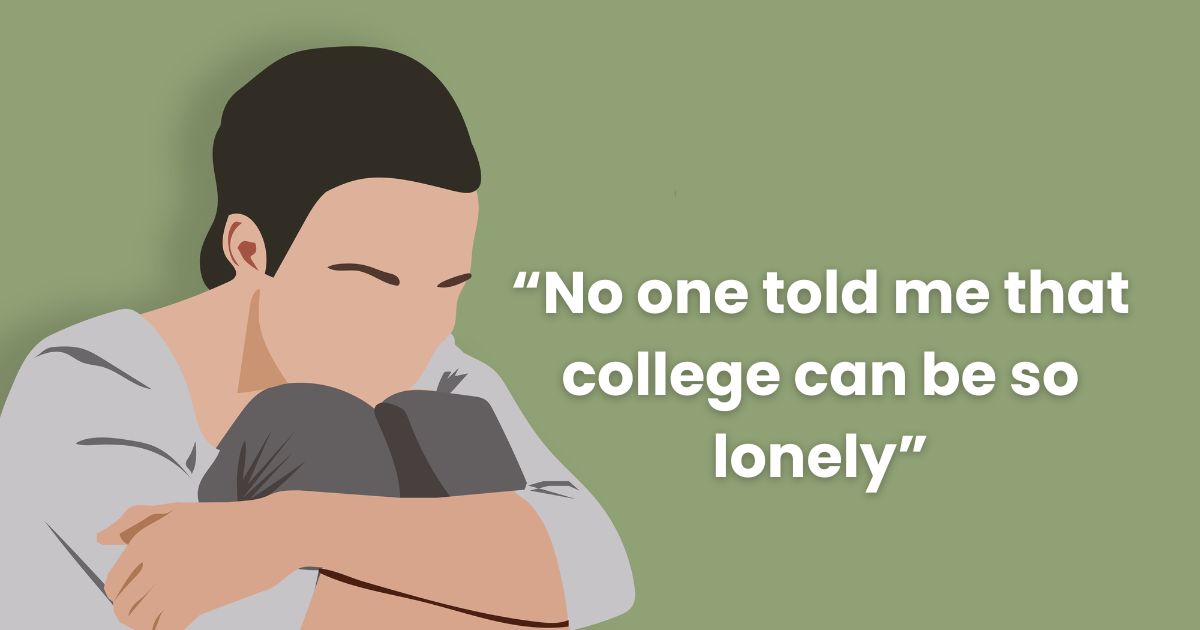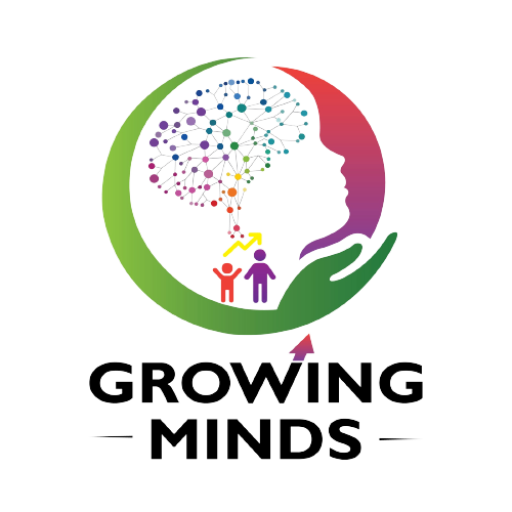
Addressing Loneliness in College Students
College is often painted as a vibrant, transformative experience. But beneath the surface of social media posts and bustling quads, a profound struggle is taking root: loneliness. U.S. Surgeon General Vivek Murthy has called loneliness in college students a public health epidemic, and nowhere is this more acutely felt than among young adults navigating higher education.
For many, the transition to college is a perfect storm of stress: leaving home, managing intense academic demands, and building a completely new support network. These factors, combined with pressure to succeed and uncertainty about the future, are driving a crisis of isolation.
The Stark Reality of Student Loneliness
Recent data paints a concerning picture:
- A Cigna Group survey found that 79% of adults aged 18 to 24 report feeling lonely.
- A 2024 survey by Active Minds and TimelyCare revealed that college students who report feeling lonely are four times more likely to experience psychological distress (feelings of hopelessness, worthlessness, or severe sadness).
- A Gallup poll found that over one-third of students felt lonely or sad the previous day—reporting loneliness in college even more frequently than sadness or anger.
This is not simply about “being alone”; it is a painful lack of meaningful connection.
Why Authentic Connection Is Elusive
Why does this “epidemic of loneliness” persist despite being surrounded by thousands of peers?
- The Social Media Mirage: Constant exposure to the curated, “perfect” lives of others on social platforms fuels feelings of inadequacy and comparison, making students feel more alone in their genuine struggles.
- Surface-Level Interactions: College life is full of passing encounters—in class, at the dining hall—that rarely evolve into the deep, supportive relationships essential for mental well-being.
- Academic Isolation: The relentless focus on high achievement often forces students to deprioritize social activities and genuine connection, further narrowing their world.
A Critical Disparity: Our LGBQ+ Students
Data indicates that some students bear a heavier burden. 70% of LGBQ+ college students identified as lonely, compared to 61% of their non-LGBQ+ peers. They are more likely to report feeling isolated, left out, and lacking companionship.
This highlights the urgent need for campuses to be intentional about creating safe, affirming spaces where every student, regardless of identity, can forge supportive connections.
A Collaborative Call to Action for Well-Being
Addressing this silent crisis requires a united effort from students, families, and institutions. Here’s what we at Growing Minds believe is crucial:
1. Institutions Must Tailor Resources by Identity
Mental health care cannot be one-size-fits-all.
- Identify-Affirming Providers: Campuses must ensure access to mental health professionals who reflect the diverse lived experiences of their student body (e.g., providers who are people of color or who specialize in LGBQ+ issues).
- Meet Students Where They Are: Following the example of institutions that embed mental health support into existing campus life, resources must be visible, accessible, and destigmatized—not hidden away in a distant counseling center.
2. Empower Students to Be Peer Supporters
We know that peer support is the number one way students seek help. Equip students with the emotional literacy and concrete skills to support their friends without feeling pressured to be an “expert.”
- Peer-to-Peer Programs: Implement formal or informal programs, like Mental Health First Aid training, that build student confidence in offering direct, evidence-based support.
- The Advocates: Since LGBQ+ students show greater concern and interest in helping their friends with mental health, they are a powerful demographic to serve as advocates and peer leaders in mental health initiatives.
3. Amplify Student Voices in Decision-Making
Students are the experts on their own needs.
- Consult Wide and Deep: Administrators should intentionally engage not just campus leadership, but a variety of campus communities with different life experiences and barriers to support.
- Move Beyond Awareness: Students are no longer just looking for awareness; they are demanding action, community, and authentic connection. Their advocacy, like the successful push for services on some campuses, is a fundamental driver of positive change.
The Takeaway
College should be a period of growth, not a sentence of isolation. When students feel genuinely supported, connected, and have timely access to appropriate mental health care, they are far more likely to thrive academically and experience better mental health outcomes for life.
Are you or a student you know struggling with loneliness or distress? Reach out. Growing Minds Mental Health Services is here to help bridge the gap between isolation and genuine connection.
- To schedule an appointment, kindly submit this form.
- Learn more about College Mental Health here.

